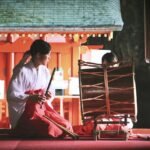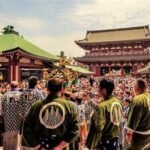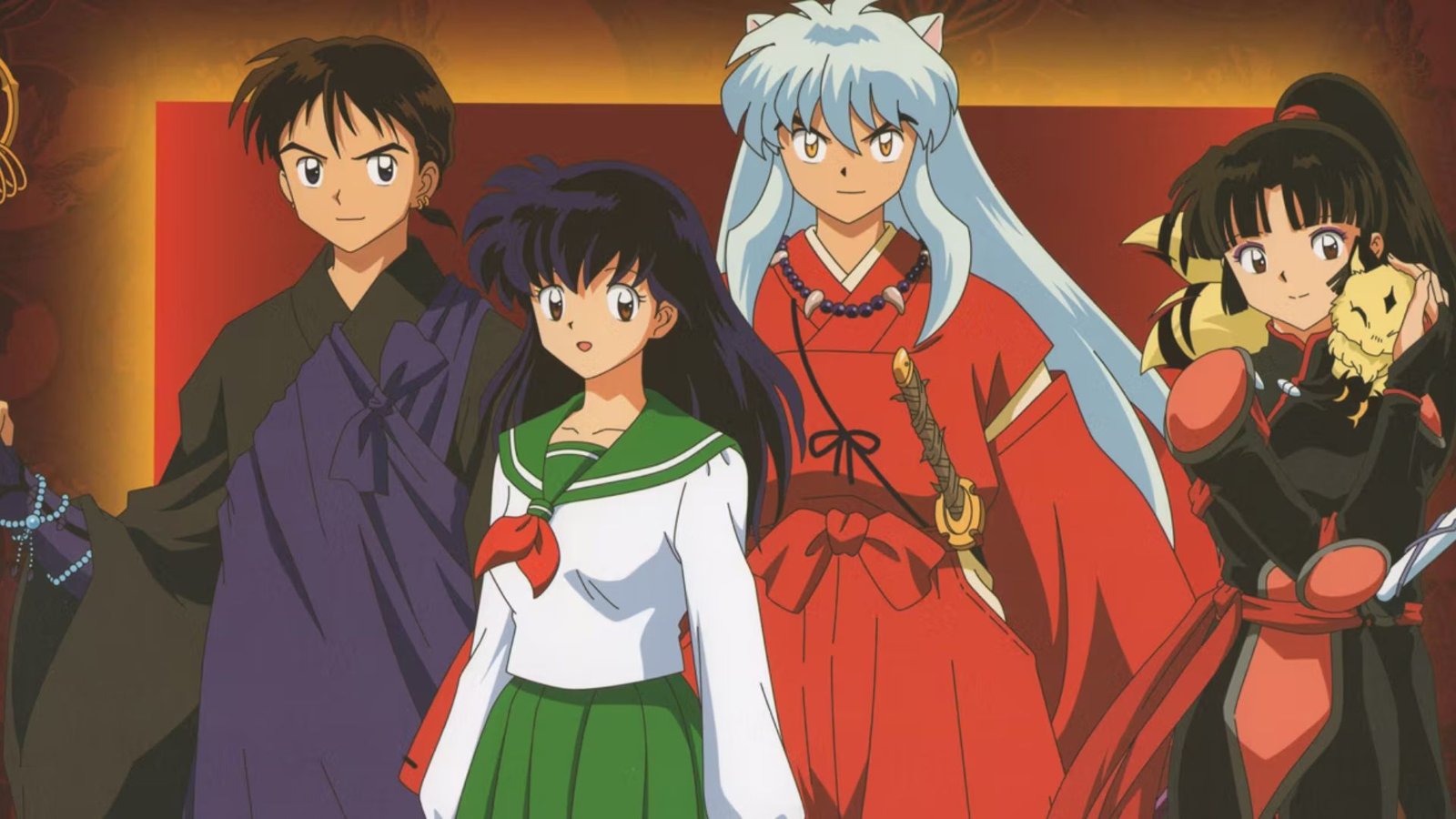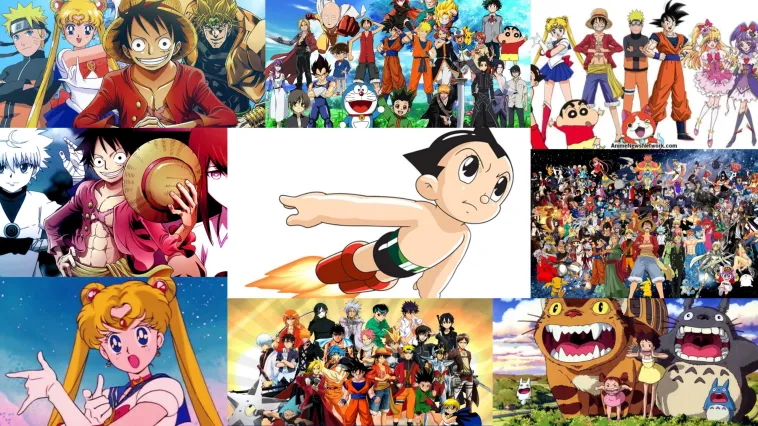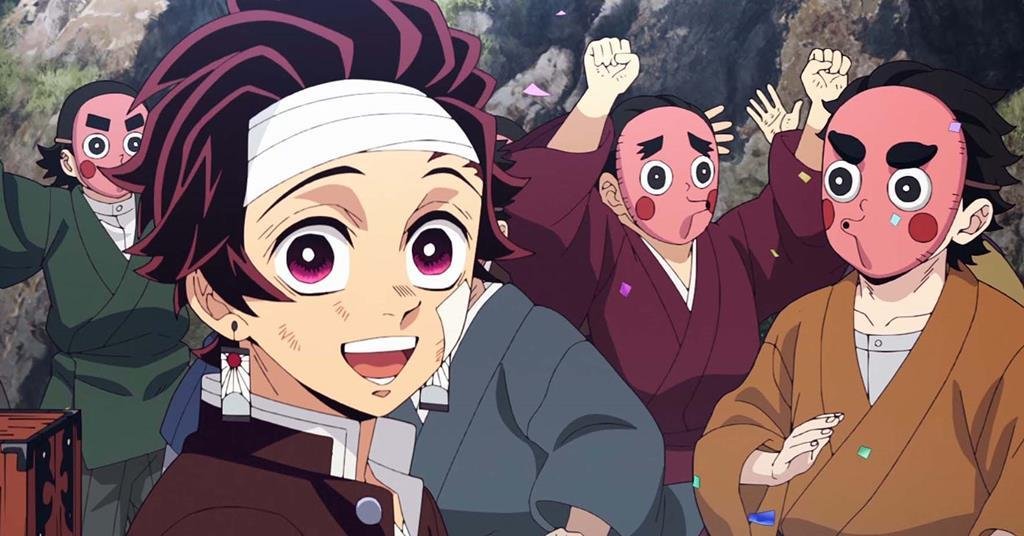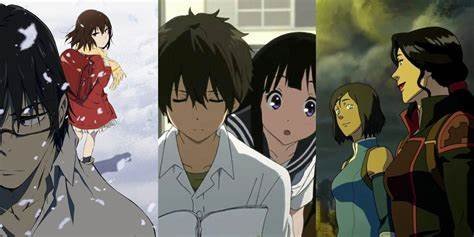Japanese folklore and mythology have played a significant role in shaping the country’s rich cultural history. Many anime films delve into these tales, bringing them to life with vibrant visuals and storytelling that capture the imagination. These films often explore ancient spirits, mythical creatures, and moral lessons passed down through generations. Here are some of the best anime films that showcase Japanese folklore and mythology.
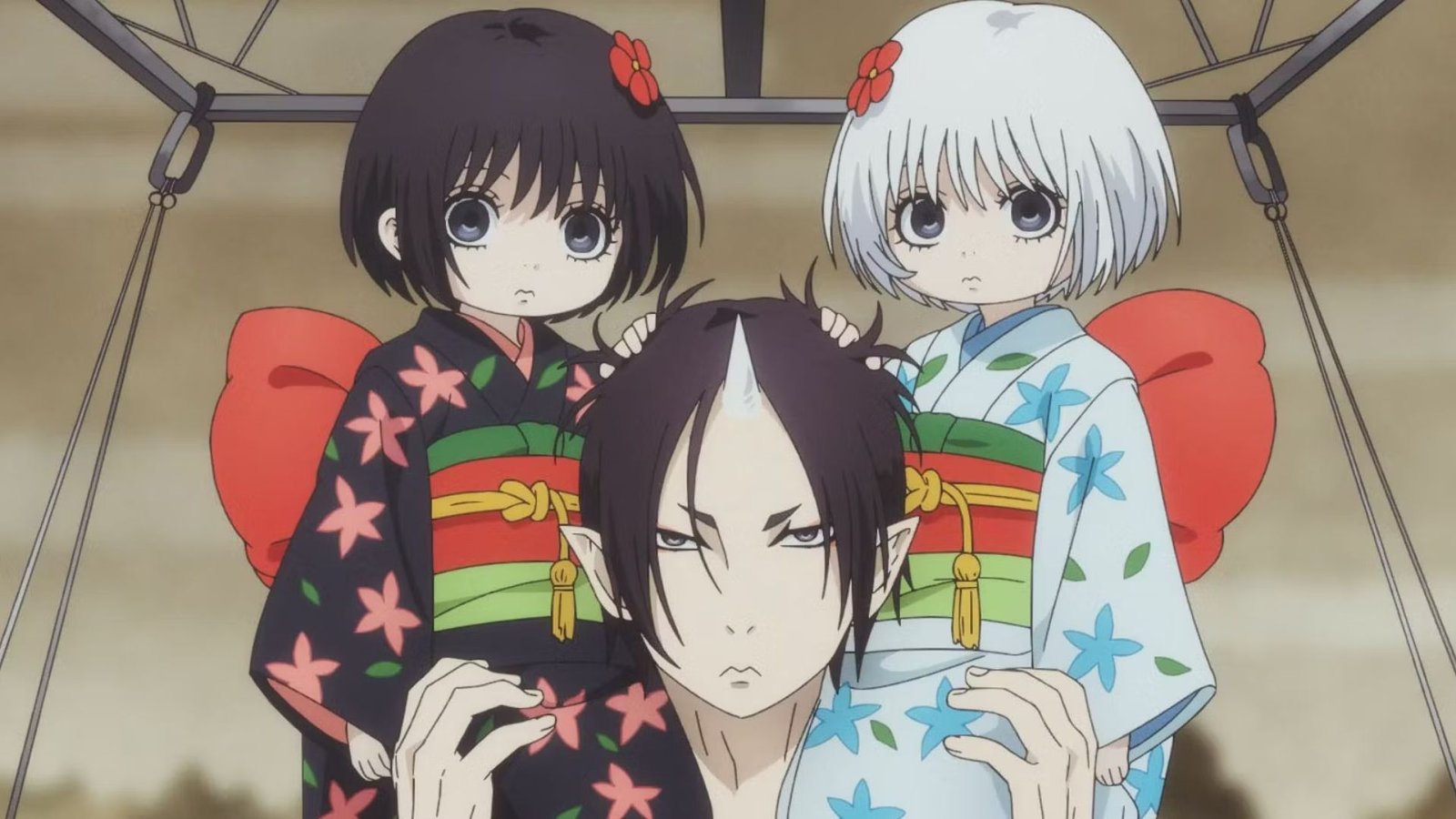
Spirited Away (2001)
- Director: Hayao Miyazaki
- Studio: Studio Ghibli
- Plot: A young girl, Chihiro, stumbles into a magical world ruled by spirits, gods, and witches, where she must work in a bathhouse for spirits to save her parents.
- Connection to Folklore: This film is rich in references to traditional Japanese mythology, with its portrayal of kami (spirits) and yōkai (supernatural beings). The bathhouse setting symbolizes a place where spirits rest and cleanse, an idea deeply rooted in Shinto beliefs.
Princess Mononoke (1997)
- Director: Hayao Miyazaki
- Studio: Studio Ghibli
- Plot: A young warrior, Ashitaka, becomes embroiled in a struggle between forest gods and humans who are exploiting nature for resources.
- Connection to Folklore: Princess Mononoke draws heavily on Japanese mythology, particularly the reverence for nature found in Shintoism. The forest spirits, like the giant wolf god and the Forest Spirit itself, represent the kami that inhabit natural elements and protect the balance of the world.
The Tale of the Princess Kaguya (2013)
- Director: Isao Takahata
- Studio: Studio Ghibli
- Plot: Based on the ancient Japanese folktale The Tale of the Bamboo Cutter, the film tells the story of a tiny girl found inside a bamboo stalk who grows into a beautiful princess with a mysterious past.
- Connection to Folklore: This film is a faithful retelling of one of Japan’s oldest stories, weaving in themes of fate, the transient nature of life, and the connection between humanity and the gods.
Pom Poko (1994)
- Director: Isao Takahata
- Studio: Studio Ghibli
- Plot: Tanuki (raccoon dogs), which are prominent in Japanese folklore, band together to protect their home from human development. The tanuki use their shapeshifting abilities, a power often attributed to them in myths.
- Connection to Folklore: Tanuki are mythical creatures in Japanese culture known for their mischievous nature and ability to transform. The film portrays their struggles in modern times while maintaining their folkloric characteristics.
Inuyasha: Affections Touching Across Time (2001)
- Director: Toshiya Shinohara
- Studio: Sunrise
- Plot: In this film, Inuyasha and his friends battle an ancient demon, Menomaru, who seeks to gain immense power.
- Connection to Folklore: Inuyasha is heavily influenced by Japanese mythology, featuring yōkai, gods, and cursed objects. The series, including its films, blends historical settings with supernatural elements from folklore.
Okko’s Inn (2018)
- Director: Kitarō Kōsaka
- Studio: Madhouse
- Plot: After losing her parents, a young girl named Okko moves in with her grandmother and starts helping run a traditional inn, where she befriends spirits.
- Connection to Folklore: The film touches on the idea of spirits and ghosts, central to Japanese beliefs, where deceased loved ones watch over the living and sometimes interact with them.
Hotarubi no Mori e (2011)
- Director: Takahiro Omori
- Studio: Brain’s Base
- Plot: The story follows a girl who befriends a spirit named Gin in a mystical forest, but the two cannot touch or Gin will disappear forever.
- Connection to Folklore: The film explores themes of impermanence, a concept prevalent in Japanese folklore, as well as the idea of spirits inhabiting natural spaces like forests.
Onmyoji: The Yin Yang Master (2020)
- Director: Shinsuke Sato
- Studio: Netflix
- Plot: Based on the novel series inspired by the historical figure Abe no Seimei, an onmyoji (a practitioner of Japanese esoteric cosmology) protects the world from malevolent spirits.
- Connection to Folklore: Abe no Seimei is a legendary figure in Japanese folklore, known for his ability to control shikigami (summoned spirits) and his knowledge of yin and yang, which is central to the plot of the film.
Nausicaä of the Valley of the Wind (1984)
- Director: Hayao Miyazaki
- Studio: Studio Ghibli
- Plot: In a post-apocalyptic world, a young princess named Nausicaä strives to bring peace between humans and the massive, mutated insects of the toxic jungle.
- Connection to Folklore: While not directly referencing Japanese folklore, Nausicaä touches on themes of nature’s power and spiritual connection to the earth, ideas that resonate with traditional Japanese reverence for natural forces.
A Letter to Momo (2011)
- Director: Hiroyuki Okiura
- Studio: Production I.G
- Plot: A girl named Momo moves to a rural town, where she encounters three mischievous yōkai (spirits) who turn her life upside down.
- Connection to Folklore: The yōkai in this film are directly inspired by Japan’s vast folklore tradition, where these supernatural creatures are seen as part of everyday life, influencing human affairs for better or worse.
Conclusion
Anime films provide a fascinating window into Japan’s folklore and mythology, combining imaginative storytelling with rich cultural elements. These films not only entertain but also preserve ancient beliefs and stories, bringing them to life for new generations. From the powerful spirits in Spirited Away to the tragic tale of The Tale of the Princess Kaguya, these anime movies are a must-watch for anyone interested in Japanese folklore.



